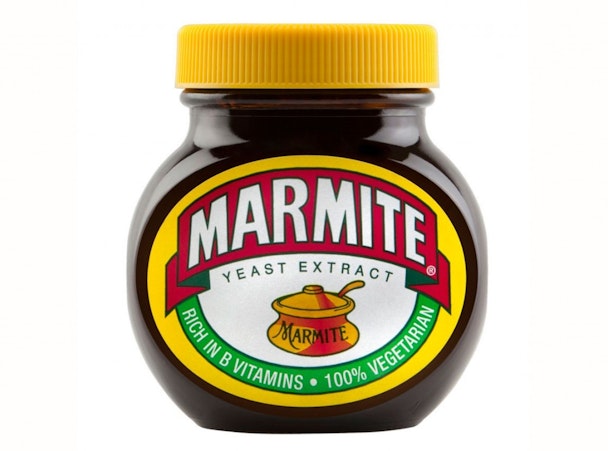Marmite: Love it or hate it – but is that really the question on consumers' lips any more?
With the recent public spat between Unilever and Tesco over the price of Marmite and other branded products on the shelves of the super-retailer, we saw the potential effect – real or not – of the current currency crisis.

But something interesting has happened. Sales of the salty stuff rocketed by 61% after the story broke. Was it because consumers rushed to stock up on their beloved spread before a price hike? Or was there a genuine outpouring of brand love?
Our shopping habits are certainly changing and we are seeing the longer-term consequences instigated by the 2007 recession – and solidified by Brexit. Increasing prices combined with an uncertain economic outlook continues to drive a growing trend of consumers looking for more cost-effective options. Britain has become a nation of unashamed bargain hunters who are evermore fickle in their choices.
Since 2011, the supermarkets’ own-label market has grown its offer across the board by 93% year-on-year. This has been supported by a greater understanding of the role of ‘branding’ itself by the general public who are shrewd and cynical in equal measure. As a result, supermarket own-labels are no longer seen by many as inferior to their branded counterparts. Indeed, the majority of consumers have come to consider mid-tier, own-label products to be of the same quality as brands, while 14% actually think they are better. Recession therefore may be driving more consumers towards cheaper own-label alternatives and changing consumers’ mindsets in relation to purchasing, but it’s in combination with a greater awareness of choice.
In this context, consumers’ reaction to Marmite seems anomalous. In fact, what we have seen is brands like Marmite, Mars and Birds Eye working harder to deliver messaging that distinguishes them against supermarket like-for-likes.
Supermarket retailers have vast supply chains and formidable marketing operations. They hold the cards to grow their offers as their ownership of the shop floor allows greater experimentation and testing to improve feedback. They are incredibly well placed to take on the brands they stock, and an aggressive marketplace means they are more inclined to do so.
In response, we are seeing the creation of a tiered system by which some branded products, owned more often than not by the multinationals, fight back and thrive with brand messaging that truly taps into historical and emotional experiences with the product. For brands like Heinz and Coca-Cola there’s an emotional resonance, a tried and tested comfort that informs our choice. The most successful brands are using nostalgia as a tool to reassure us that in times of uncertainty, some products can deliver steady comfort and familiarity.
Behind it lies a scattered wasteland of mediocre marketing from brands that don’t always apply on-point creativity or understand their customers in a fight for consumers in a cluttered and price-obsessed market.
Marmite’s brilliant marketing taps into the brand heart and certainly inspires brand love. Other branded products should be so lucky to have such a steeped history and personality. However, it’s important to note that this kind of heritage doesn’t solely dictate success; there’s opportunity to create necessity and relevance for all products, with the right message and compelling creative.
The Marmite row has shown that supermarkets now have the authority and impetus to challenge their own stocklist for the benefit of both their consumer and their bottom line. Brands beware: Marmite did well out of the controversy, but the real winners are the retailers.
Sam Evans is associate strategist at The Partners
